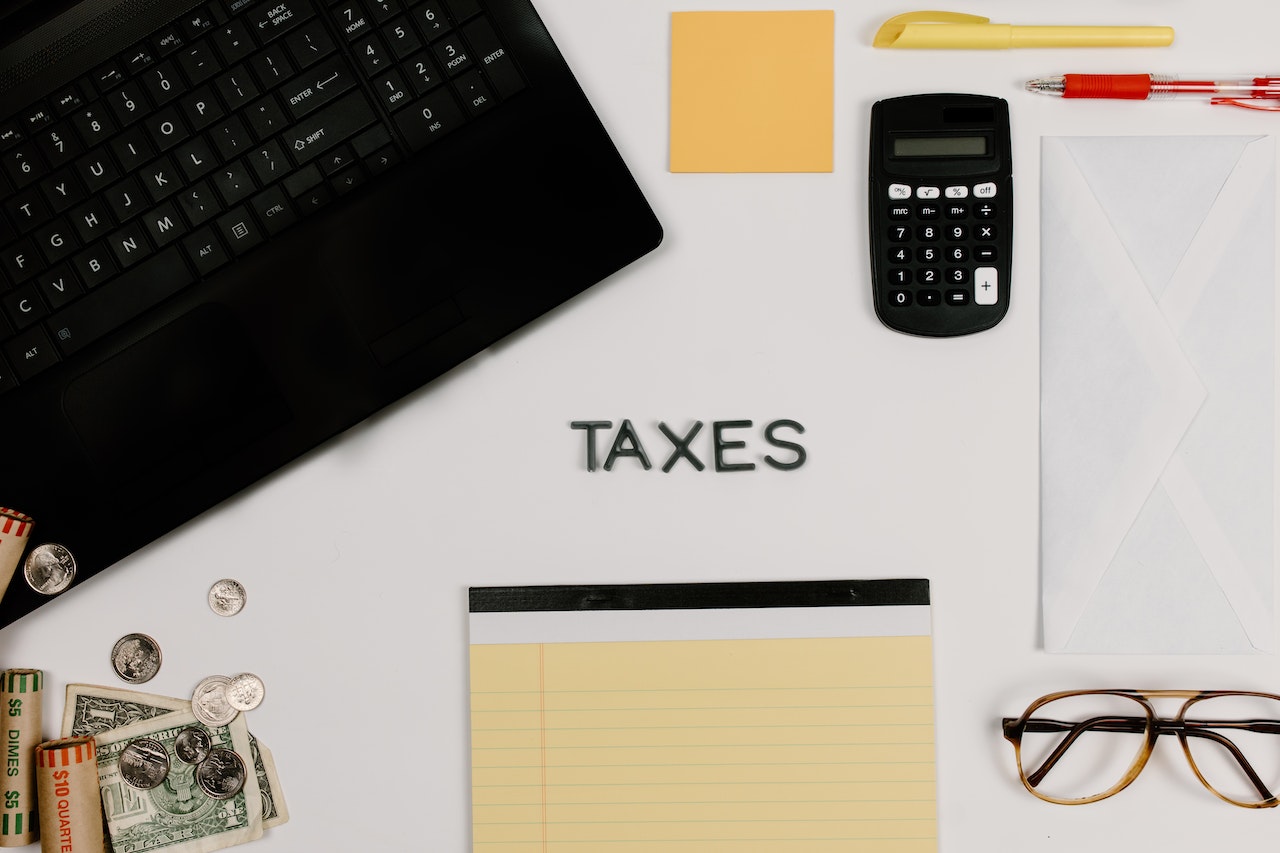3 Tax-Saving Strategies To Boost Your Finances

Are you getting enough value for the amount you pay on taxes? In Canada, over 72 percent of residents believe the taxes imposed on individuals are excessively high. The types of taxes collected in the country include property, sales, corporate, and income tax.
Filing these taxes is one of the most critical financial steps you’ll take every year. Likewise, managing your finances is essential, allowing you to control your daily expenditures better and prepare for the future.
Effective financial planning involves paying the minimum amount of tax legally possible. But how can you reduce your tax burden and end each year with more tax savings? The following tax-saving strategies are excellent starters to help boost your finances.
1. Make Contributions to Your RRSP
A Registered Retirement Savings Plan (RRSP) refers to an investing and retirement savings account available to employees and self-employed individuals in Canada.
The money you put toward an RRSP account is tax-advantaged, meaning they’re not subject to taxation in the year you made the contribution. Any interest earned on the RRSP is also tax-free until you take out the funds in retirement.
Since your RRSP contributions are tax-deductible, they also help you reduce your total taxes, especially when in a higher tax bracket. This enables you to keep more of your money for retirement.
2. Leverage Tax-Free Savings Accounts
A Tax-Free Savings Account (TFSA) is another option to save and invest your money without incurring taxes on the earnings. It’s a government-registered account that serves not only for retirement savings but also for emergency funds.
You can withdraw from your TFSA at any time and for any purpose. This gives you easy access to your money, whether you need them to cover emergency expenses, home renovations, debt repayment, or unplanned vacation.
Even when withdrawn, the amount contributed, income earned, and investment gained in the TFSA is generally tax-free. The withdrawal amount from your TFSA is also added to the subsequent year’s contribution limit. Thus, you can re-contribute the withdrawal amounts the following year or the year after.
3. Prioritize Tax-Efficient Investment Options
Generating a profit is beneficial for accumulating wealth. But most of the time, it comes with numerous tax obligations. Taxes can cut into your gains, among other financial and investment management charges.
Implementing proactive tax management strategies for your investments can help minimize your overall tax burden and maximize your bottom line. Besides investing in tax-advantaged accounts like TFSA and RRSP, you can aim for specific eligible dividends to reduce tax payments.
Eligible dividends have lower personal tax rates than non-eligible dividends. Since this income benefit comes from the federal dividend tax credit, eligible dividends get more favourable tax treatment.
Be More Strategic About Your Taxes Year-Round
The best tax-saving strategies vary from person to person. There may be strategies specific for high-net-worth individuals and median-income earners. Working with tax assessment experts like Faris CPA can help you come up with a strategic approach to your taxes year-round. They can give you a tailored plan and tax strategy as you accumulate wealth or grow your business.
Image by Tara Winstead on Pexels
